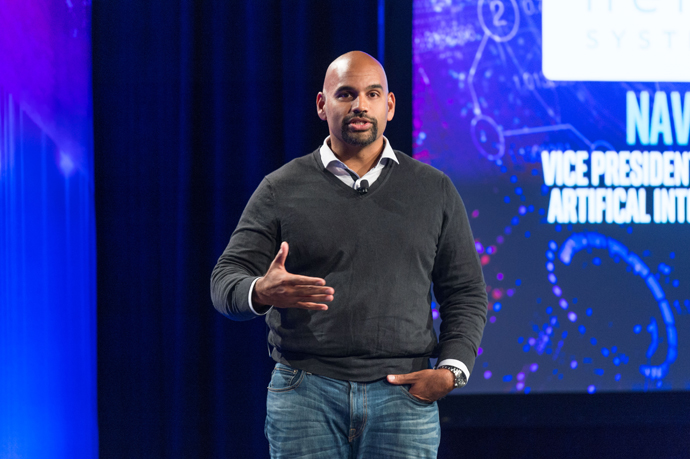
Intel is beginning to square in on AI with the announcement of a single cross-Intel organization: The Artificial Intelligence Products Group (AIPG). According to the company, AIPG strengthens its focus on AI, and will include engineering, labs, software and resources as it continues to work on its AI portfolio: The Intel Nervana platform.
In addition, the company says it will be creating an AI research lab to explore architectural and algorithmic approaches for the future generation of AI.
More information is available here.
CoreOS extends CoreOS Tectonic
CoreOS wants to extend its enterprise Kubernetes solution to support more environments. In addition to AWS and bare metal environments, the company announced preview availability of Microsoft Azure and OpenStack.
CoreOS is also extending the container image registry Quay to manage and store Kubernetes apps.
“We are seeing many companies embracing digital transformation, with part of that effort made possible by embracing a modern cloud native infrastructure that includes the use of containers and container orchestration. CoreOS has consistently promoted this transformation, and the announcements the company has made extends their solution across more of the environments where customers are likely to deploy their cloud native applications,” said Al Gillen, group vice president of software development and open source at IDC. “Embracing products such as these solutions from CoreOS will help enterprises take the next steps needed to take full advantage of cloud native deployments.”
The 2016 SEI CERT C++ Coding Standard
The Software Engineering Institute (SEI) wants to help developers create safe, reliable, and secure C++ solutions. The organization announced its 2016 edition of the SEI CERT C++ Coding Standard designed to provide rules for secure C++ coding. It includes 83 new programming rules that take into account C++ features that are not in the C programming language.
“This newly released C++ standard adds to our previously released C standard secure coding guidance for features that are unique to the C++ language. For example, this standard has guidance for object oriented programming and containers,” said Robert Schiela, technical manager of secure coding for the SEI’s CERT Division. “It also contains guidance for features that were added to C++14, like lambda objects.”
Avast: Majority of PC users are at risk due to outdated software
Avast released its Avast PC Trends Report Q1 2017 and revealed that 52% of the most popular PC applications running on PCs, like Flash and Java, are out of date. This puts PC users at risk since their laptops and desktops are exposed to vulnerabilities and malware.
This data was gathered anonymously from 116 million Windows desktop and laptop users running AVG TuneUP’s automatic software updater feature. Avast found the most out-of-date programs include: Java (Runtime 6 & 7), Flash Player (ActiveX), Foxit Reader, GOM Media Player, Nitro Pro, and WinZip.
The full report can be reviewed here.
OpenSSL launches new website, changes license
The OpenSSL project is changing its license to the Apache License version 2.0. The OpenSSL team is also launching a new website, working with corporate collaborators to facilitate the re-licensing process.
“This re-licensing activity will make OpenSSL, already the world’s most widely-used FOSS encryption software, more convenient to incorporate in the widest possible range of free and open source software,” said Mishi Choudhary, legal director of Software Freedom Law Center (SFLC) and counsel to OpenSSL. “OpenSSL’s team has carefully prepared for this re-licensing, and their process will be an outstanding example of ‘how to do it right.’ SFLC is pleased to have been able to help the team bring this process to this point, and looks forward to its successful and timely completion.”





